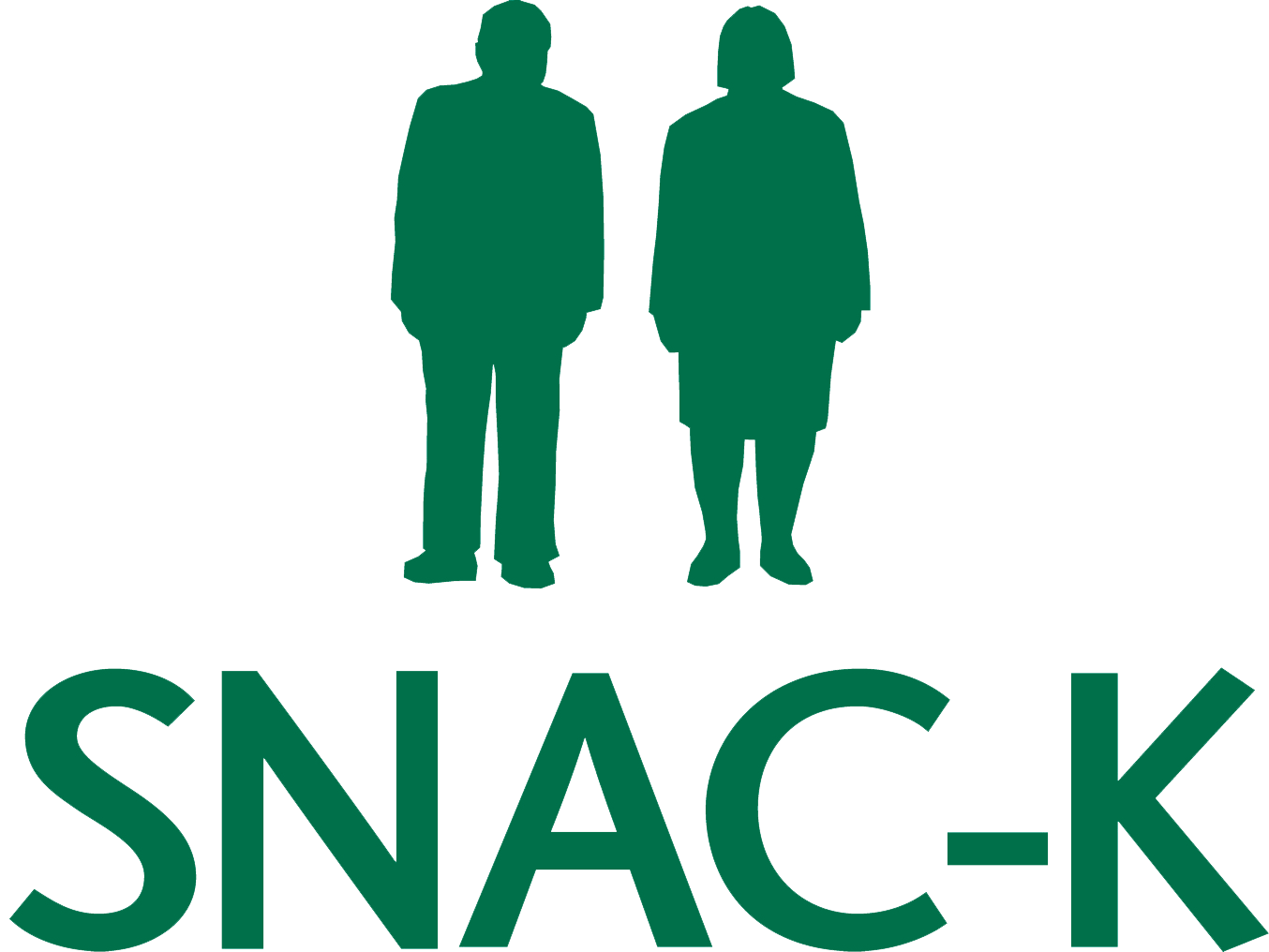SNAC-K is a population-based, longitudinal study on aging and health. In 1999 the Swedish Ministry for Social Affairs promoted and supported a national project aimed at monitoring and evaluating the care-of-the-elderly system in Sweden. To achieve these aims, four longitudinal individual-based data collection describing the aging process and encompassing the care system as whole, has been initiated. This project was named The Swedish National study on Aging and Care (SNAC).
SNAC-K is one of the four subprojects included in SNAC. Ultimate goal of SNAC-K is to understand the aging process, and to identify possible preventive strategies to improve health and care in elderly adults.
SNAC-K has been carried out in a central area of Stockholm since 2001 by the Stockholm Gerontology Research Center and the Aging Research Center (ARC) at Karolinska Institutet (KI).
SNAC-K is a multidisciplinary project aimed at increasing our understanding of the ageing process and identifying possible preventive strategies for improving health and care in elderly adults. SNAC-K is a continuation of the Kungsholmen Project that was carried out in the same geographical area from 1987 to 2000. SNAC-K expands on the earlier project by including younger elderly people and more extended biomedical assessment (MRI and biological markers).
